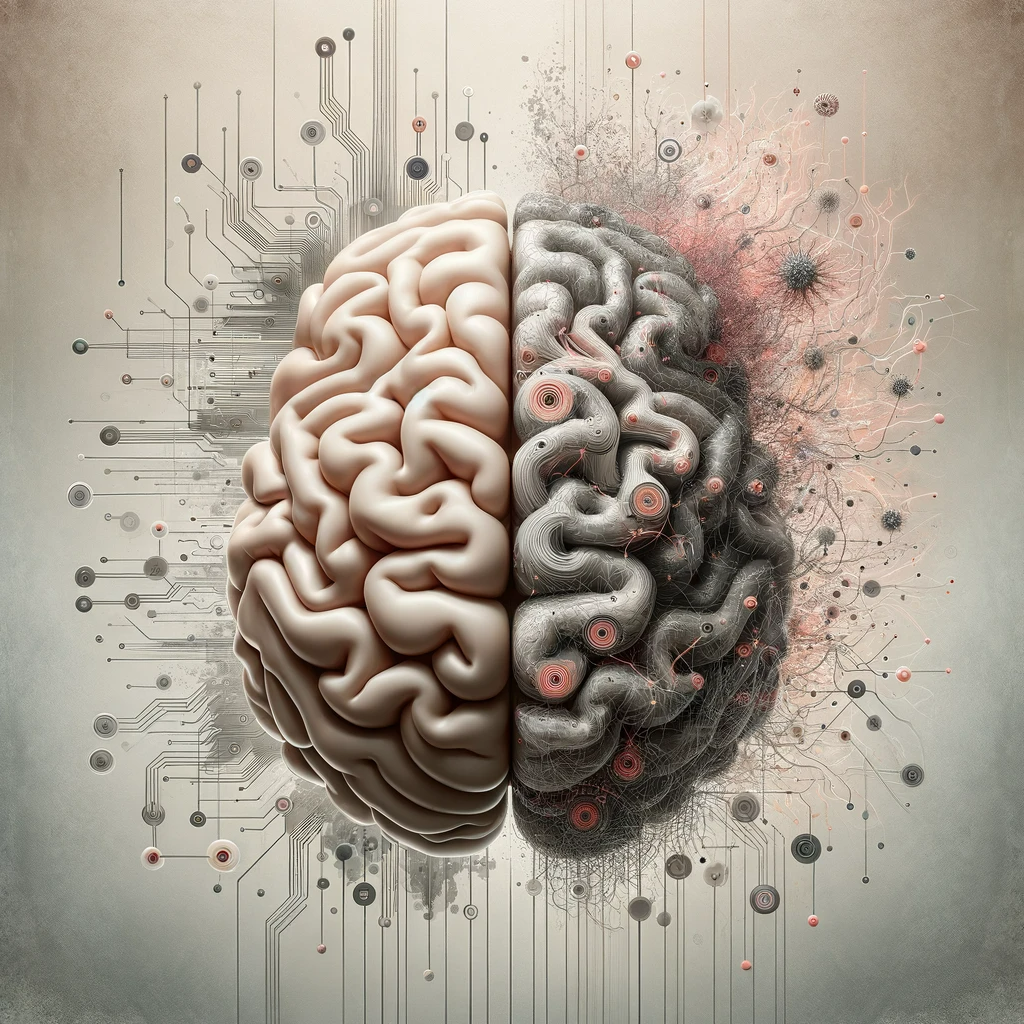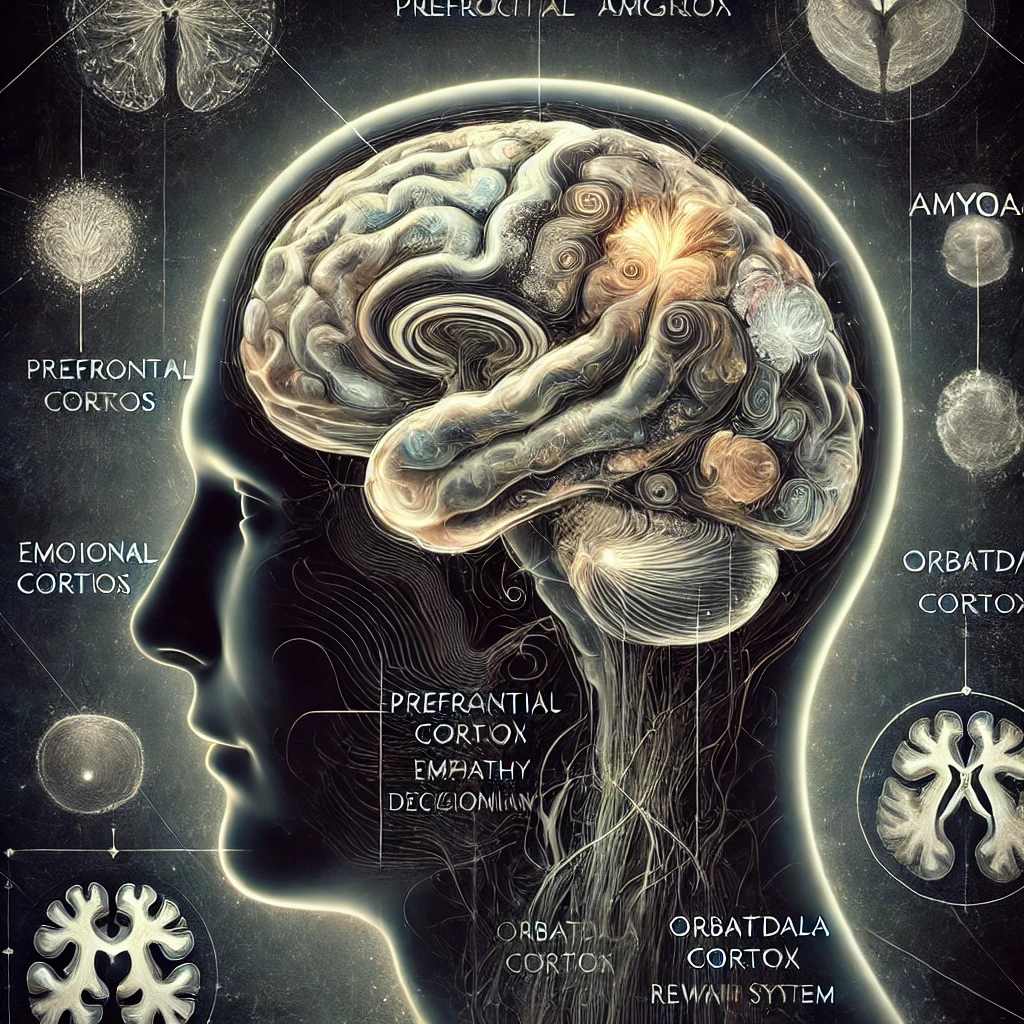The Moors Murders: A Chilling Crime and the Neurobiological Profile of Its Perpetrators
The Moors Murders: A Dark Chapter in British History The Moors Murders remain one of the most infamous crimes in […]
The Moors Murders: A Chilling Crime and the Neurobiological Profile of Its Perpetrators Read Post »


